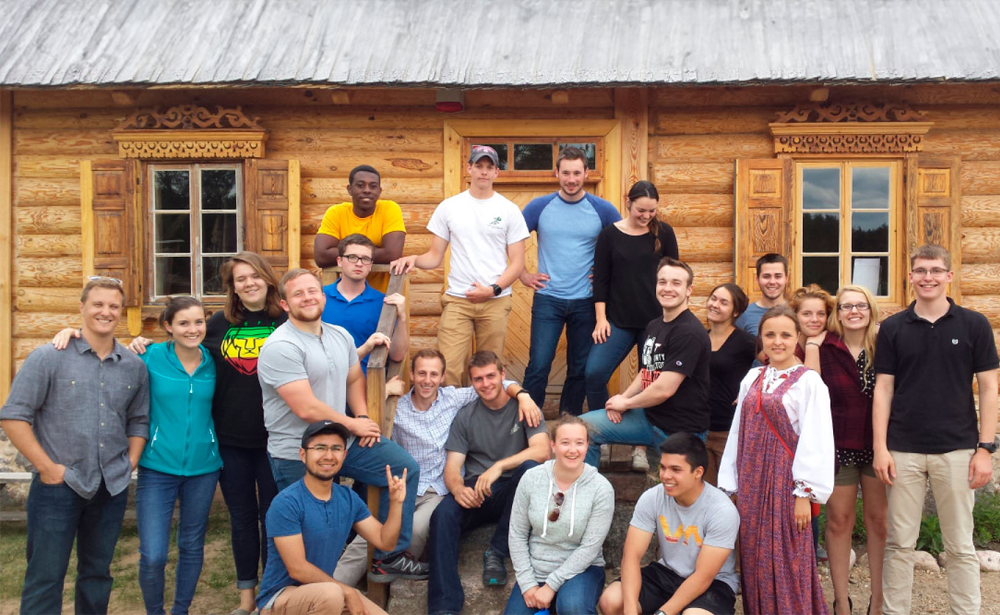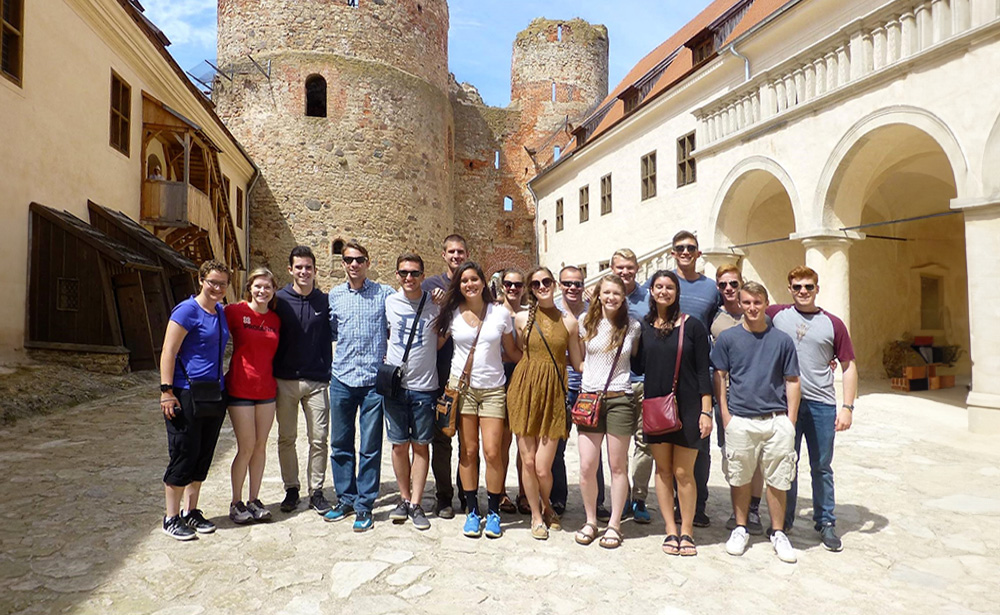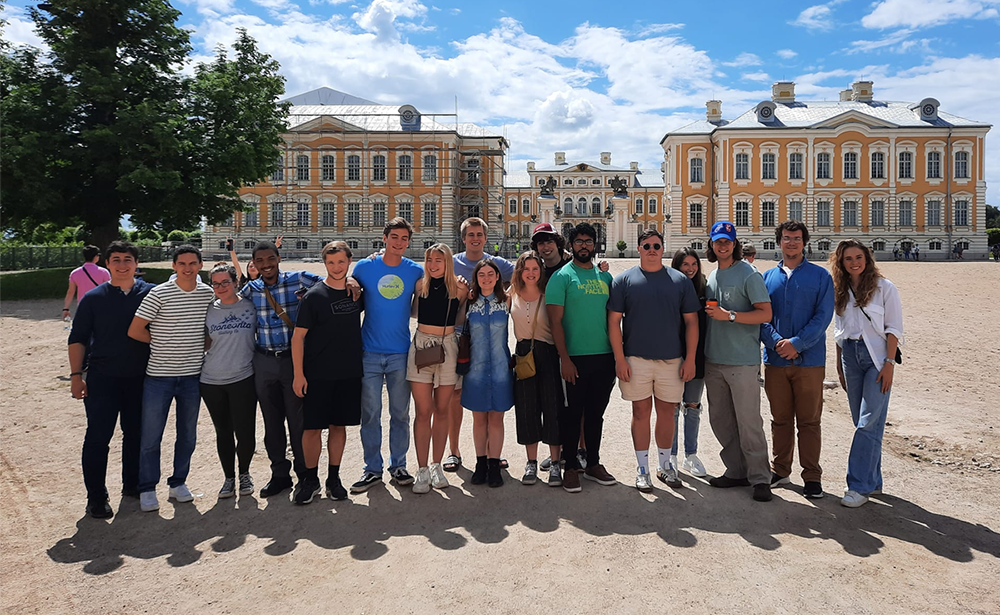Tips for a successful Russian Study Abroad scholarship application
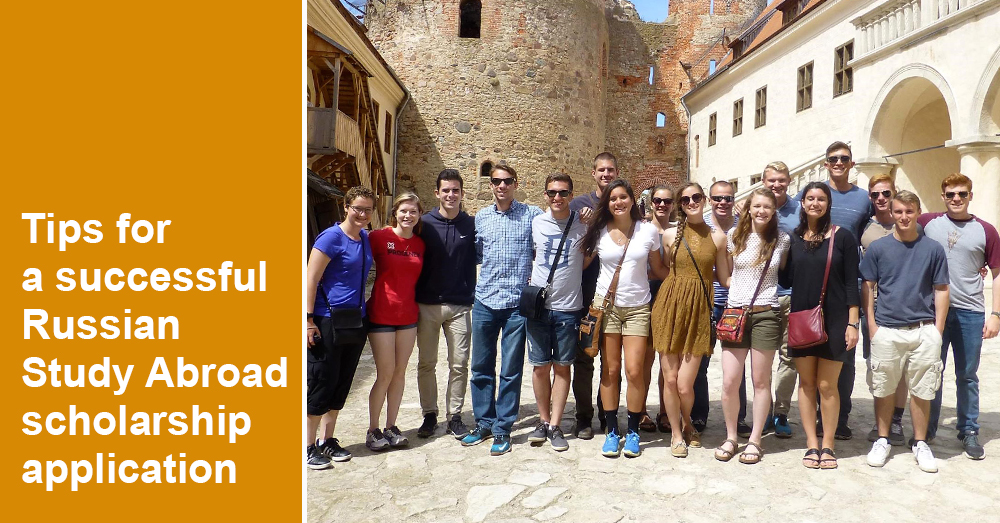
Preparing a successful undergraduate study abroad application for major scholarships, Boren or Gilman in particular, requires a serious work and takes a great deal of time. Students need to explain how a Russian study abroad program at “Learn Russian in the European Union” in Daugavpils, Latvia, will enable them to reach their academic and/or career goals, as well as convince the Scholarship Program that this study will be consistent with its major strategic goals. The students need arguments, which may put them ahead of competing applicants.
This document is intended to give the scholarship applicant a focused insight into major facts about “Learn Russian in the EU” programs, Daugavpils and Latvia as the program location, and program alumni testimonials.
“Learn Russian in the EU” provides personalized for-credit academic study abroad programs for undergraduate students. All these programs are hosted at Daugavpils University and include:
- Intensive Russian as a Foreign Language (interactive communication skills, grammar, phonetics) geared towards different target proficiency levels.
- Elective courses, depending on selected program: Russian Literature and Culture, East European Studies, Baltic Studies, History, Physics, Biology, Mathematics, Environmental Sciences, and others.
Currently, the following semester/academic year study abroad programs are available:
- Russian Language, Literature and Culture
- Russian Language and Political Science
- Russian Language and East European Studies
- Russian Language and Natural Sciences (STEM)
Students can pick elective courses from this Daugavpils University course catalog.
All teaching will be provided in very small groups or even one-on-one. Non-language courses can be taught in Russian or in English by Russian-speaking professors.
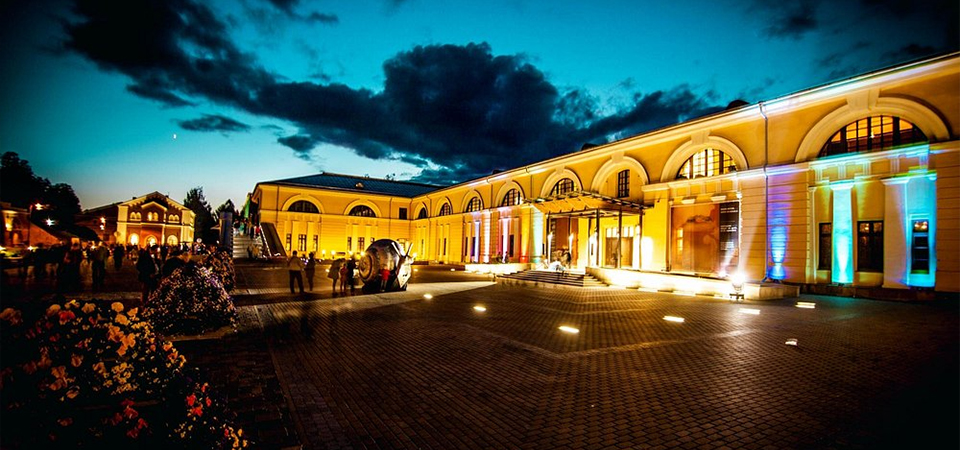
Here are the major arguments on the importance of Latvia and Daugavpils as it pertains to a Russian study abroad program:
- Russian language. Daugavpils is the largest Russian-speaking city in the European Union and NATO. In Daugavpils, nearly everyone speaks standard modern Russian as the native or primary language. Russian is the language of everyday communication. This ensures full Russian language immersion.
- The city has very strong cultural Russian/Soviet heritage and current relations with Russia. It has a dramatic military history of 19th and 20th centuries. Daugavpils is almost like Russia, but safe and located in a friendly democratic country. There is no open conflict leading to a hostile attitude towards Russia.
- Our country was once part of both the Russian Empire and the Soviet Union, and has a remarkable historical legacy tied to Russia and Russian-European relations. Latvia is a member country of the European Union and NATO.
- Daugavpils is very convenient for life and study, with well-developed infrastructure and low crime level. Staying within the European Union gives confidence and security.
- Daugavpils University offers many courses in Russian that enable students to build very personalized study programs. Daugavpils University awards ECTS credits, which are transferable to any home school. Unlike some other locations, where academic discussions can be heavily biased by the official point of view and contemporary politics and conflicts, Daugavpils University preserves academic freedom. This allows considering and exploring multiple or opposite views.
- History and culture. Daugavpils is a borderland place with very interesting history and multilayered ethnic and cultural landscape. This helps understand and research various aspects of relations between Russia, Poland, Germany and Baltic people, especially in 19-21 centuries. This also is a key factor for understanding current relations in the Baltic region and Eastern Europe, which is highly important for international security.
- Host families. Homestays with vetted Russian-speaking host families are available. Host families are integral to the program’s language training. Living with a host family will give students an unforgettable linguistic and cultural experience.
- Visa is not required. Citizens of the USA, Canada, European Union and many other countries don’t need a visa to enter Latvia. This also makes the study abroad logistics and administration much easier and less expensive.
- Daugavpils is very close to Lithuania, Belarus, and Russia. Latvia is in the Schengen Zone, which gives exceptional convenience for visa-free travel to Poland, Germany, Sweden, and other EU countries. Visits to neighboring countries may help in better understanding of their relations and in comparing different cultures and societies.
- Natural similarities with Central Russia. The landscape, climate, and seasons are the same. This helps in understanding many aspects of Russian character, traditions, and culture.
We put together a selection of “Learn Russian in the EU” original publications that give applicants hints and practical details directly from successful scholarship awardees. These alumni have achieved what many younger students are dreaming about, so it would be smart listening to them and learning how to succeed in getting a scholarship for a Russian study abroad program.
We hope these publications can help, and we will see new scholarships awardees on “Learn Russian in the EU” programs.
Best of luck! Look forward to meeting you in Daugavpils!
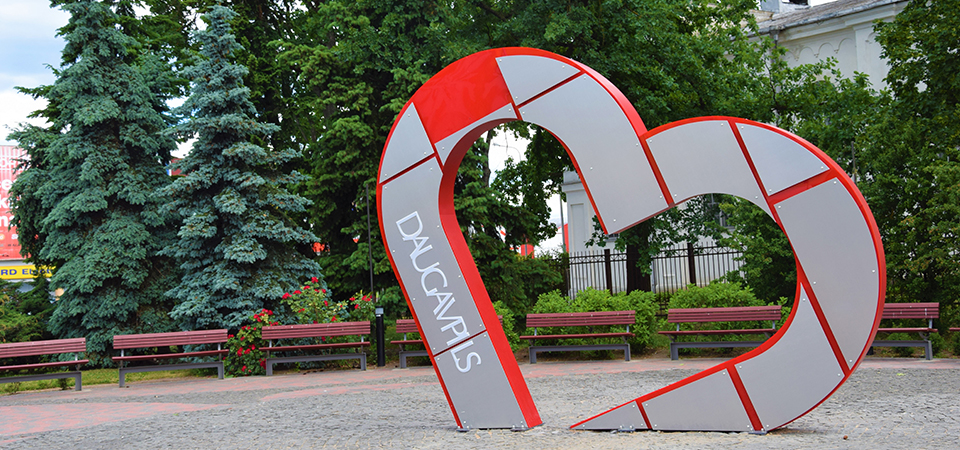
RESOURCES
- Interview with successful Boren scholars on a year abroad at Daugavpils University
- Advantages of learning Russian in Latvia
- Tips for planning to Study Abroad by our alumna Olivia
- Our alumna Halle shares her experience with a Russian host family in Daugavpils
- Facts about Daugavpils (infographic)
- Students of Daugavpils University, who work with foreign students as Russian communication partners
Successful Boren awardees:
 Conor from Washington, USA
Conor from Washington, USA
Conor studies Russian on our academic year program at Daugavpils University. He thinks Daugavpils is a convenient and interesting town. He appreciates kind and welcoming people in Daugavpils.
 Eliza from Texas, USA
Eliza from Texas, USA
Eliza studies on “Learn Russian in the EU” Russian language and Political Science semester abroad program run at Daugavpils University. She talks about the advantages of studying political science in Russian and her language and cultural immersion experience.
 Learn Russian in the EU: Semester Abroad
Learn Russian in the EU: Semester Abroad
You will hear from students, studying in different academic semester abroad programs at Daugavpils University. They have come from all over USA.
 Carey from Maryland, USA
Carey from Maryland, USA
Carey is a doctoral student who studied in Daugavpils on a Boren Fellowship. Here he speaks about his two-semester program and compares his expectations with his experience in Daugavpils.
You may be interested
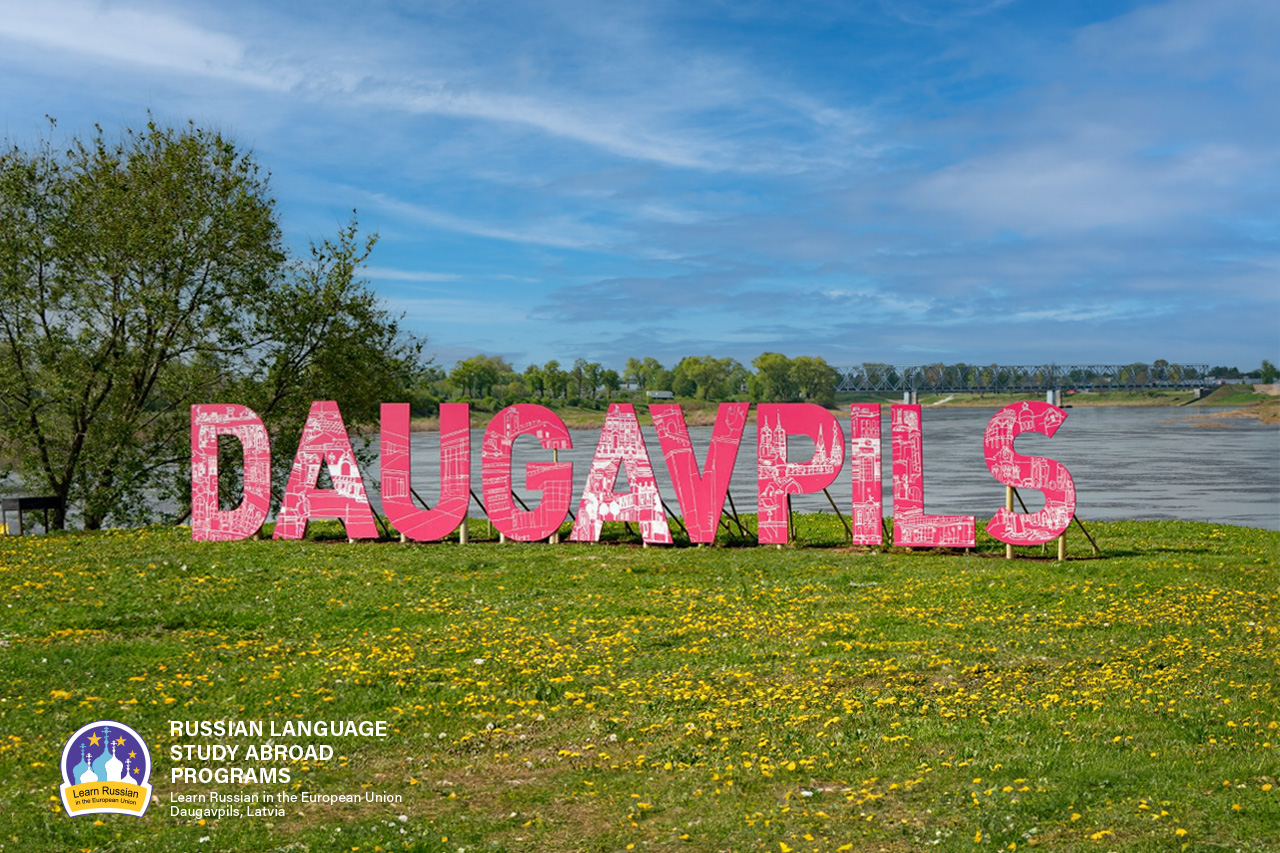
Why do people speak Russian in Daugavpils?
As it seems to us, Daugavpils is the best place to learn Russian now, because our city is situated in the EU and NATO, but at the same time 90% of the city’s population speak Russian at home.
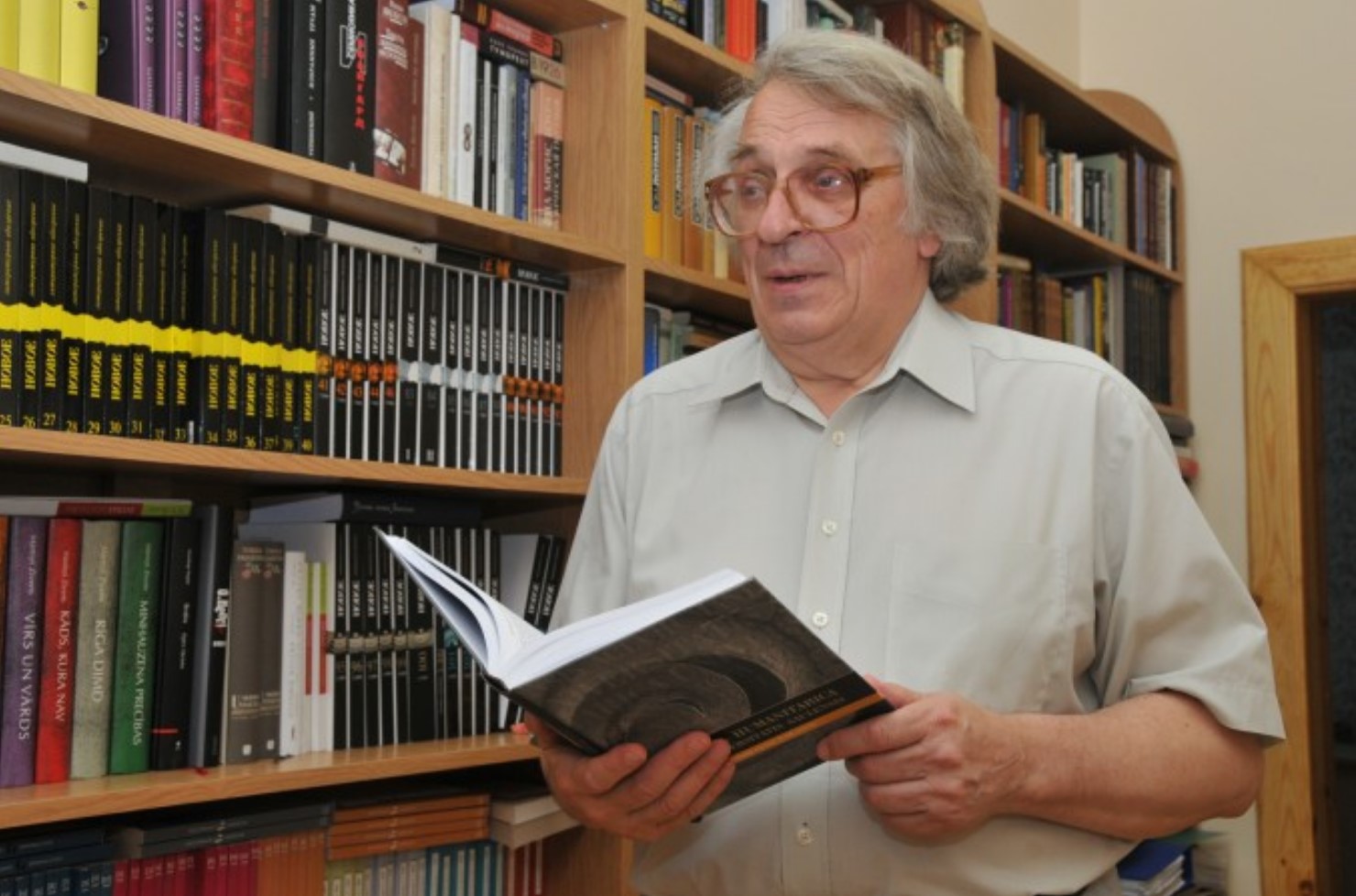
ЭТЮД О ДВИНСКЕ
Etude on Dvinsk by F.Fedorov
The Baltic region is one of the most catastrophe prone regions of the 2nd millennium, especially its second part; it is the centre of attraction of ‘geopolitical’ interests of the European world. Probably the most tragic fate has befallen to the eastern part of the present Latvia and its multi-titled town of Dinaburg – Dvinsk – Daugavpils. During its 730 years long history, the town went through five rather autonomous periods of development, five different lives (German, Polish, Russian, Latvian, Soviet), and at the beginning of the 1990s it entered into the 6th period.
The history of Dinaburg – Dvinsk – Daugavpils is the history of five attempts by the town to begin its life anew; and this is determined not only by the fact that the town was four times burned down and had to start life from scratch, but first and foremost because each of these periods was characterized by a total change of ethnos and the socio-cultural field.
The present article deals with the cultural space of the town in one of the most efficient periods of its development – from the 1860s till World War I.





